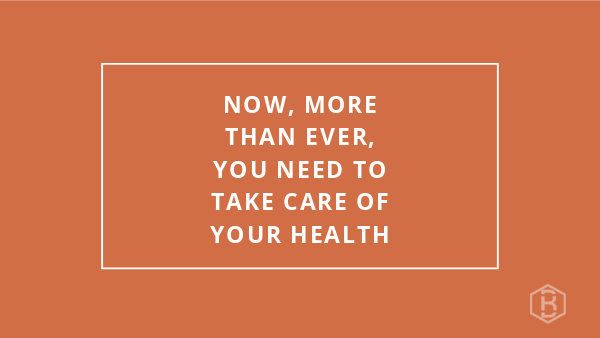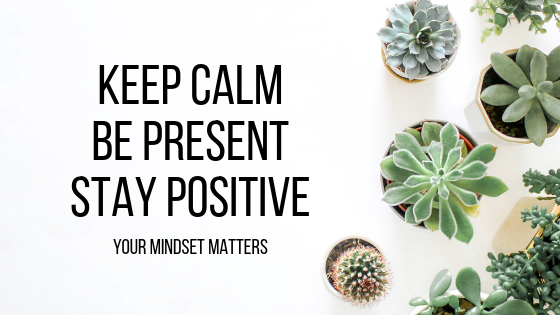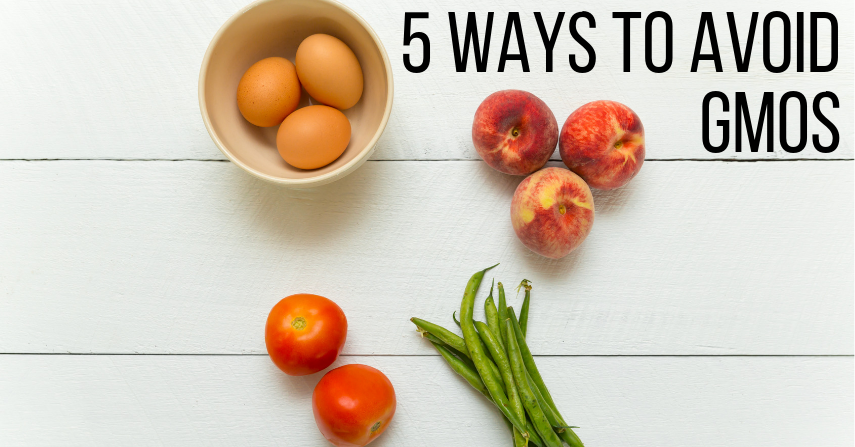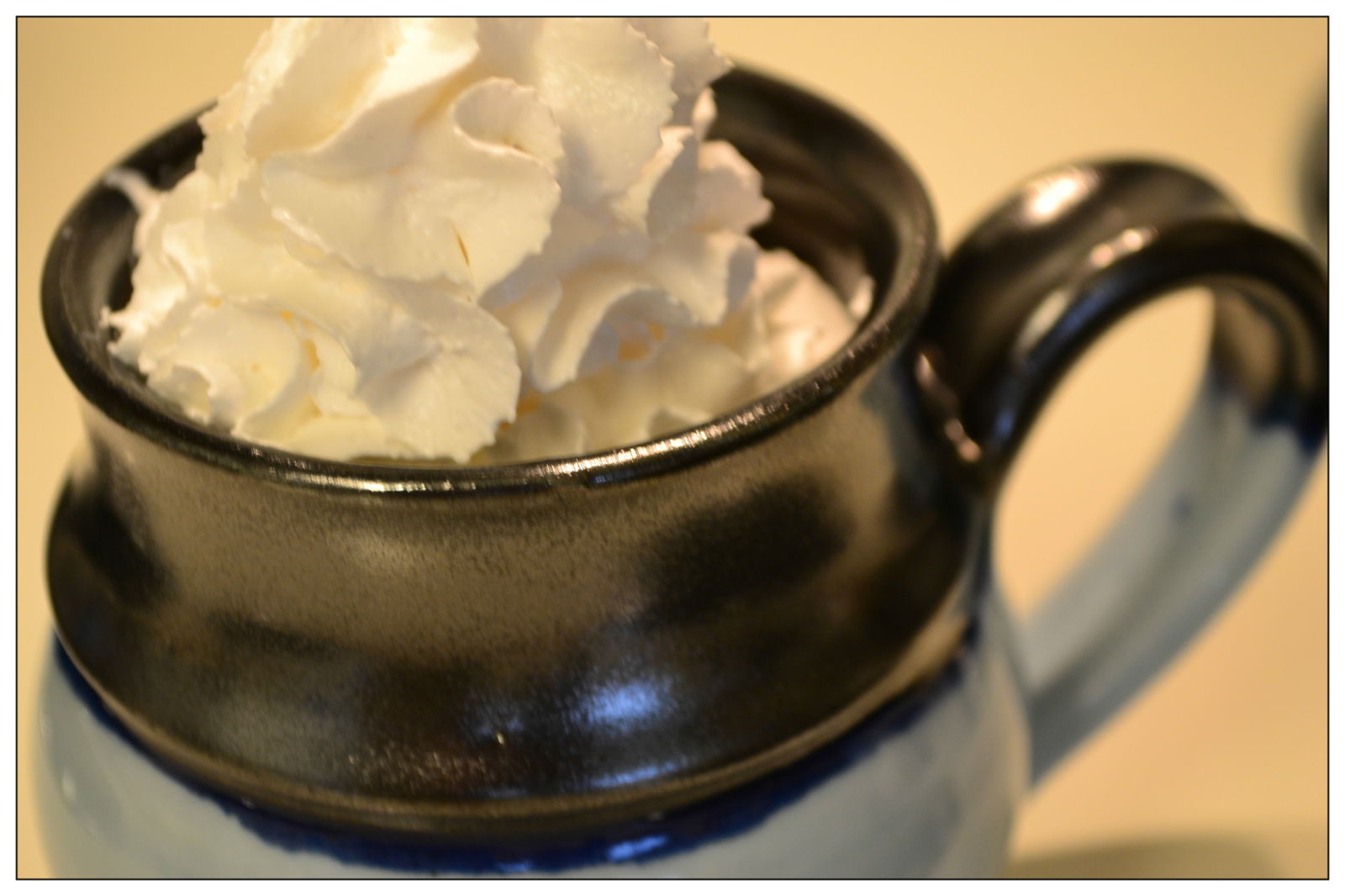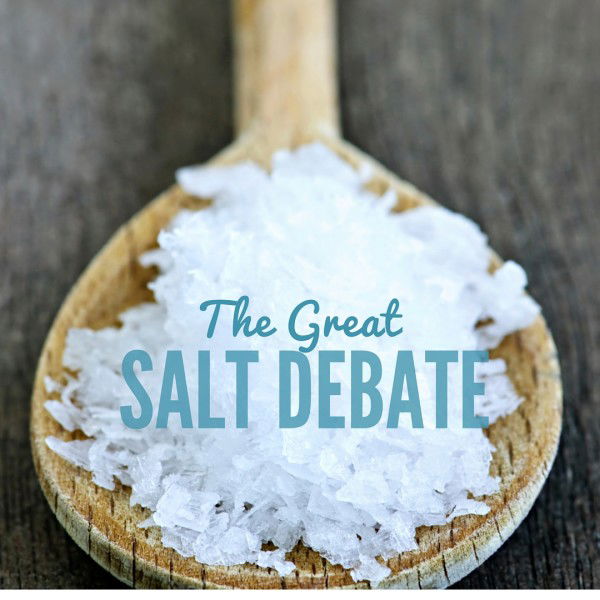 Let’s shake down this salt issue! Pop culture says that salt is bad for you, but is it really? There’s a Great Salt Debate around kitchen tables everywhere. On one side is the person who shuns the shaker insisting salt will kill you and on the other is the person who thinks the food tastes “underseasoned”and can’t live without it. So what’s the truth?
Let’s shake down this salt issue! Pop culture says that salt is bad for you, but is it really? There’s a Great Salt Debate around kitchen tables everywhere. On one side is the person who shuns the shaker insisting salt will kill you and on the other is the person who thinks the food tastes “underseasoned”and can’t live without it. So what’s the truth?
Can you enjoy salt and stay healthy? My response might not be what you expect…
Here’s the deal. Sodium is a nutrient that your body needs in order for you to survive. It’s got to be replaced daily, because you lose it in sweat and urine. The generally accepted clinical minimum amount of salt you need is about 500 mg per day. Salt plays a critical role in both cardiovascular and neurologic function. It’s necessary for fluid balance and retention. If you don’t get enough of this electrolyte, you will likely develop hyponatremia which could potentially be fatal. The good news is that sodium is naturally occurring in most foods, and falling below the minimum is generally not an issue.
Now, there is some debate among academics as to exactly how many milligrams is the right amount. Unfortunately, I don’t think they’re ever really going to get it spot on. Is it 1500mg or 2400? Honestly, it’s going to vary from person to person. As a general rule, I think around a tsp (2400mg) is totally fine for most people; however, there’s a subset of the population who are salt sensitive hypertensives who should probably get less. The good news is, if your kidneys are functioning the way they should, when you take in extra, your body will just get rid of what you don’t need.
Now remember, any time you inundate the body with ANYTHING (whether good or bad), it stresses the system (example: too little water and you dehydrate; too much and you drown). The issue comes into play when people are consuming 2 or even 3 times the recommended amounts. This is pretty typical given that most processed foods are loaded up with sodium. The concern is that when water follows those excessive amounts of salt into the bloodstream, blood pressure may increase. This puts increasing pressure on blood vessels which could potentially increase your risk of cardiovascular disease. However, there is some debate as to how much of a problem this really is. Researchers continue to ask the question: Is the increase in CV disease really from the salt? Or is it from the other junk found in super salty foods; additionally, people who take in excess amounts of salt may be overweight, drink alcohol, eat excessive saturated fat or be super stressed out–all established risk factors for cardiovascular disease. It’s totally counter culture, I know, but there are a bunch of studies that actually indicate that a low sodium diet (while it might lower blood pressure) may have NO benefit when it comes to decreasing disease or increased risk of dying. (1, 2, 3)
You can’t operate in a vacuum. There’s no one thing you’re gonna do that’s going to make you healthy. It’s a WHOLE thing. There are so many factors that you’ve got to take into consideration. Sure, taking in excessive amounts of sodium is one of them. Kudos to the person measuring their salt intake in milligrams! I’m quite sure that would be an extremely challenging task, and honestly, one that I personally don’t really find necessary. If you’re generally healthy (don’t have kidney disease or salt-sensitive hypertension), I would focus more on filling up your body with high quality nutrient dense foods than focusing on counting exact milligrams of sodium.
If there’s a little salt on your pumpkin seeds, I’d say go for it. If you’re dumping salt onto French Fries, I’d say put the fry down. Eating a low sodium diet won’t make you healthy, eating a healthy diet will make you healthy! Eat Real Food, Feel Real Good.






